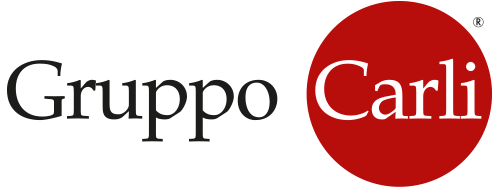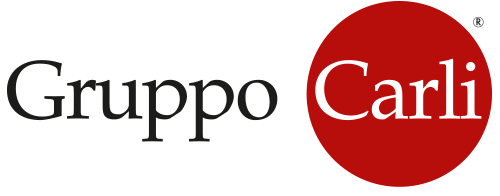A balanced diet for your horse
The basics. Part 1
by Giuseppe Iardella
All horse owners are convinced they do all they can to guarantee the health and wellbeing of their animals. However, the importance of understanding the physiology of equids and their effective nutritional needs should not be taken for granted.
For example, many are unaware that horses are monogastric herbivores that, unlike ruminants, digest cellulose by microbial fermentation in the hindgut. Or that donkeys, which are now becoming increasingly popular, cannot be fed in the same way as British thoroughbreds.

To start with, if your horse has a healthy appetite, a shiny coat and looks well then you are no doubt doing a good job: you’re giving it excellent quality forage, with the right quantity of concentrates and you’re focusing utmost attention on its water supply, guaranteeing it plenty of fresh, clean running water or at the very least, water that is not stagnant.
An old British adage says the best way to look after horses is hay, oats and water and guaranteeing excellent hay, a good ration of oats and quality water means that you’ve done 90% of what any self-respecting horseperson should be doing.
Water is essential
In nature, horses drink from clean bodies of water, preferably uncontaminated torrents; they plunge their mouth into the water, activating a pulsed pump-effect that can be noted in the jugular groove. In the summer heat, still water in a bucket or an old tank quickly fills with green algae, debris and insects (sometimes even dead lizards and small rodents) and this discourages horses from drinking enough.
You can lead a horse to water, but you can’t make it drink is another well-known proverb used by horse lovers who know full well how dangerous it is for horses to become dehydrated, given that in just a short space of time, the animal is exposed to the most feared risk: colic.
Another factor that discourages horses from drinking water is its pH content, which can be measured using litmus paper. The ideal pH is just above neutral (7.5) and the more it falls towards acidity, the less it will appeal to horses.
In autumn and spring, the average water intake of an inactive horse ranges from 20 to 40 litres per day, but can increase to up to 100 litres or more under strenuous effort or in extreme environmental conditions, such as certain endurance competitions in Arab countries.

A bowl-shaped drinking trough with a pressure lever is good, but not ideal as it is more suited to bovine muzzles. Much better to use a large, self-levelling drinking trough (> 5 litres) for horses, rather than a bucket.
Dr. Giuseppe Iardella
For more information, you can contact: info@equidiets.com


